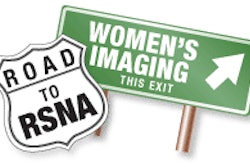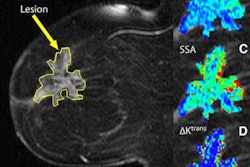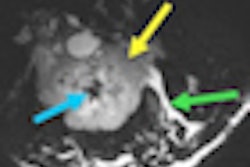Doctors should be communicating the risks and benefits of cancer screening, instead of developing guidelines that focus on who should be screened, according to a commentary published on Monday in the Journal of the National Cancer Institute.
Too much time has been spent debating guidelines, instead of discussing who should be screened, according to Michael Stefanek, PhD, of Indiana University (JNCI, November 21, 2011).
The U.S. Preventive Services Task Force's (USPSTF) recommendations against routine mammography for women ages 40 to 49 in 2009 sparked controversy, and similar ambiguity exists for prostate and lung cancer screening, leading to the conclusion that despite all the analyses to date, it remains unclear who should and shouldn't undergo cancer screening, Stefanek wrote.
"If we agree on the premise that individuals are supposed to be informed before making medical decisions, including decisions about cancer screening, then the time and talent of [scientific and advocacy organizations] could be much better spent educating the public on the harms and benefits of cancer screening," Stefanek wrote. "Screening can be very beneficial (or not), and screening messages should reflect the complexity of this decision."



















